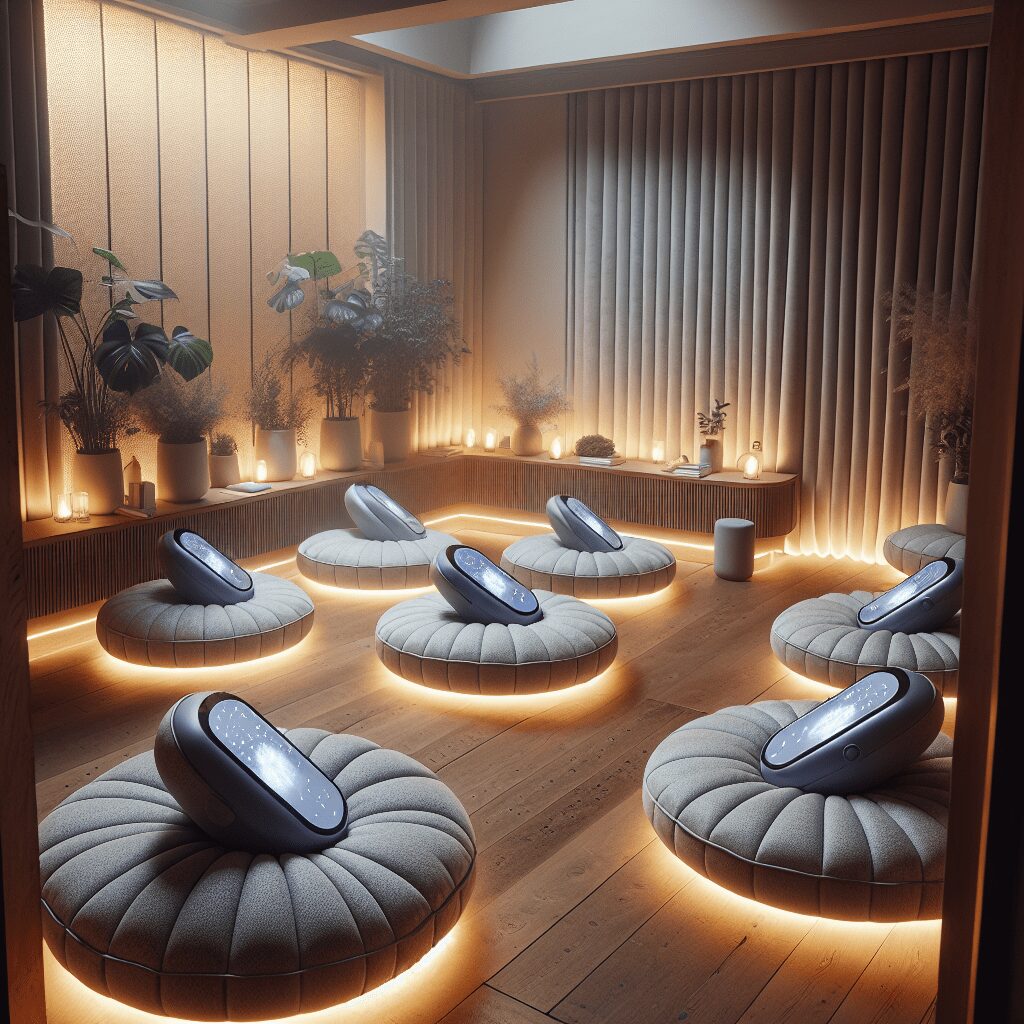
Prioritize your mental well-being daily. Enhance your life by nurturing your mental health with the Smart Meditation app. Break free from stress, alleviate anxiety, and enhance your sleep quality starting today.
Can People Feel Your Anxiety?
The Invisible Threads of Anxiety: Can Others Sense It?
In an age where mental health discussions have shed much of their erstwhile stigma, the intricacies of our inner worlds are becoming a common topic of conversation. Among these, anxiety stands out as a particularly pervasive visitor in many people’s lives. But, lo and behold, despite its prevalence, a ubiquitous question lingers in the air—can people around us actually feel our anxiety?
The Unseen Signals of Disquiet
Often, when the tendrils of anxiety wrap around our thoughts, an unbidden concern emerges: are these private tremors visible to the public eye? The short answer, fascinating as it may be, veers towards ‘yes’. But, let’s not jump the gun here; this isn’t about telepathy or some mystical aura detection. It’s about the subtleties of human interaction and perception that might as well be termed ‘social antennas’.
-
Body Language: A dead giveaway, if there ever was one. Our bodies can be treacherous allies, broadcasting our inner turmoil through jittery movements, averted gazes, or even the way we occupy our space. People, being the social animals they are, pick up on these cues, often subconsciously.
-
Vocal Patterns: Ever noticed how someone’s voice changes when they’re nervous? It might go up a few pitches or quiver. These vocal tells are like an unwitting confession of our nervous state.
-
Facial Expressions: We’re not talking about the dramatic hand-on-forehead gesture of distress but the subtle shifts — the furrowed brows, biting of lips, or blinking faster than usual.
-
Energy and Presence: There’s something to be said about the ‘vibe’ someone gives off. Anxiety can make that vibe jittery, scattered, or even overly intense, which, trust me, is noticeable.
Now, before you start fretting over being an open book to the world around you, let’s put a pin in that thought. Not everyone is a seasoned observer, and even those who are might not be as inclined to judge as you’d think.
The Double-Edged Sword of Perception
Ah, but here’s where it gets tricky. While some individuals might indeed sense your anxiety, this isn’t necessarily a one-way ticket to Judgment Town. In fact, it can often lead to empathy, understanding, or the offering of support. Humans, bless our hearts, have a knack for rallying around our fellow beings when we sense they’re in distress.
However, there’s a caveat. Just as our anxiety makes us more sensitive to the reactions of others, it can also skew our interpretation of those reactions. What we might perceive as annoyance or discomfort in others could very well be concern or even a reflection of our own anxieties.
Embracing the Shared Human Experience
So, what’s the take-home message here? Yes, people can sense our anxiety to varying degrees, but it’s not always the dark cloud it’s made out to be. More often than not, it’s an opportunity—a chance for connection, for shared understanding, and for extending the kind of compassion we’d hope to receive ourselves.
Navigating the waters of social interaction when anxiety’s at the helm can feel daunting, but remember, we’re all in this leaky boat together. And sometimes, just sometimes, being seen in our vulnerability is the first step towards genuine connection.
In a world that often feels like it’s spinning too fast, our shared struggles and triumphs serve as anchors, reminding us that, despite everything, we’re not alone.





